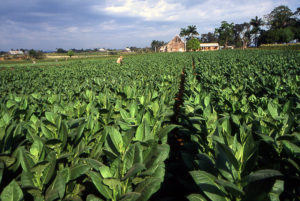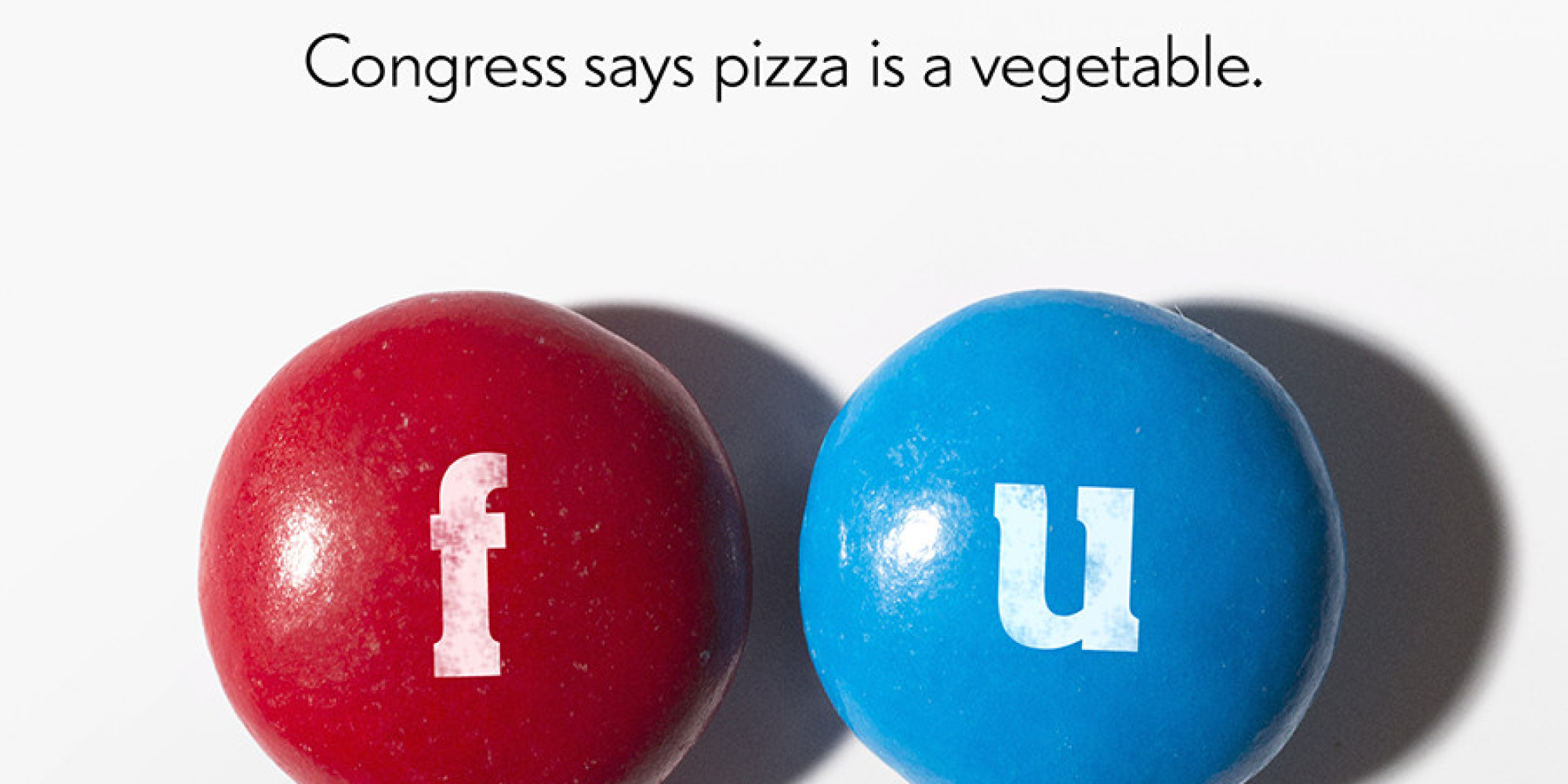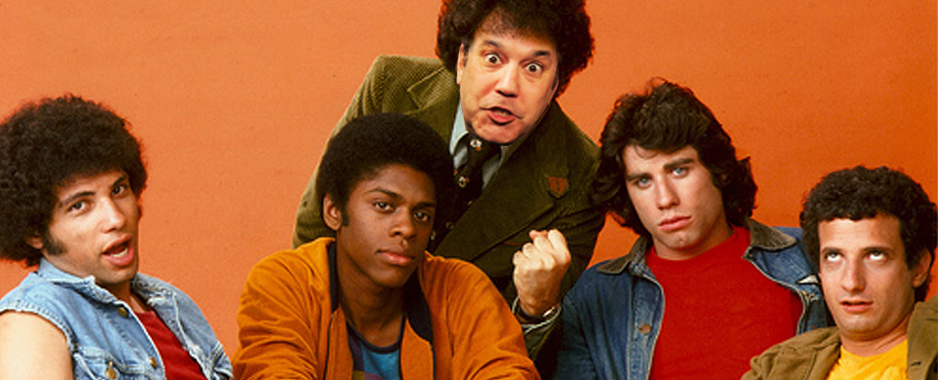

Time to take a break from worrying about the plight of child actors and start worrying about the plight of child farm laborers.
Originally broadcast May 29, 2014
All Americans agree children need to stay away from tobacco. Apparently it’s still up for discussion when it comes to kids staying away from tobacco farms.
Human Rights Watch says American children work forty to sixty hours a week in the fields of North Carolina, Virginia, Tennessee and Kentucky helping America remain the fourth biggest producer of Tobacco in the world.
Growing, harvesting and curing tobacco is labor intensive. Children confront heavy machinery, sharp knives, toxic fertilizers, poor sanitary conditions, and abusive supervisors. Even more disturbing is that the physical act of picking tobacco, touching the plant, results in acute nicotine poisoning for 75 percent of these children who complain of nausea, rashes, headaches and difficulty breathing. Then there are the pesticides, which cause long term neurological diseases and worse.
All this is going on in North Carolina, Virginia, Tennessee and Kentucky. States that spend more time protecting Big Tobacco than they do a woman’s reproductive rights. Makes you wonder if these people really see a woman’s uterus as the source of life or just cheap labor.
Sadly the problem of child farm labor is not limited to tobacco here in America.
Human Rights Watch reports that when it comes to child farm labor America is no better than any developing nation. Deputy director of the Children’s Rights Division at Human Rights Watch Zama Coursen-Neff says,
“The United States spends over $25 million a year – more than all other countries combined – to eliminate child labor abroad, yet is tolerating exploitative child labor in its own backyard.”
Not counting family farms, more than 200,000 children work our fields, constituting 9 percent of all American farm workers. Roughly 80 percent are Hispanic, and 40 percent are migrant, which means these children move from farm to farm. We’re talking about American children, who should be in the classroom. Maybe all those rich hedge fund managers touting the benefits of charter schools would like to start one for the children of migrant workers. Oh wait, there’s no government money to skim off the top and make exorbitant profits doing that.
Meanwhile a 17-year-old boy who had been working North Carolina fields harvesting Christmas trees and picking tomatoes since he was 12 tells Human Rights Watch,
“I really didn’t have a childhood.”
And many of these children sacrifice more than just their childhood. Human Rights Watch says American children toiling the fields are four times as likely to die on the job than any other work that permits child labor.
American farms operate under obsolete Depression era child labor laws written when we were still a rural society. FDR’s Fair Labor Standards Act, still applicable today, exempted family farms from work rules other industries take for granted. So Big Ag hires American children as young as 12 to pick our fruits and vegetables. And, when Big Ag convinces government inspectors they’re just running a small family farm, children can be out there working the fields at any age.
Picking fruits and vegetables, just like tobacco, is highly competitive. That means American children are exposed to excessive heat, sexual and physical abuse, often working 14 hour days 7 days a week lacking potable water, toilets, and of course an education. And let’s not forget the pesticides.
American children. That’s who is touching your fruits and vegetables. Children. These Children earn below minimum wage and are often charged for gloves, tools, and water.
One day the media might take a break from wringing their hands over the plight of Macaulay Culkin, Miley Cyrus and Lindsay Lohan to conclude that it’s not just acting, it’s dangerous putting a child to work in any field. Especially an actual field.
Let’s stop worrying about American children eating their fruits and vegetables and start figuring out a way to get American children to stop picking them.






